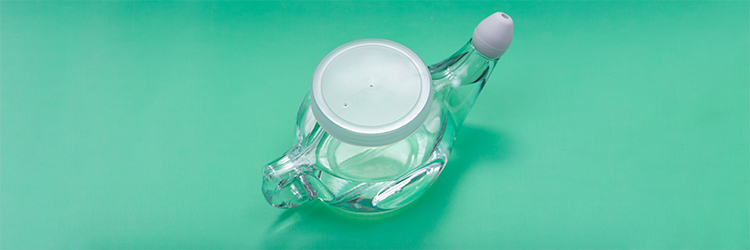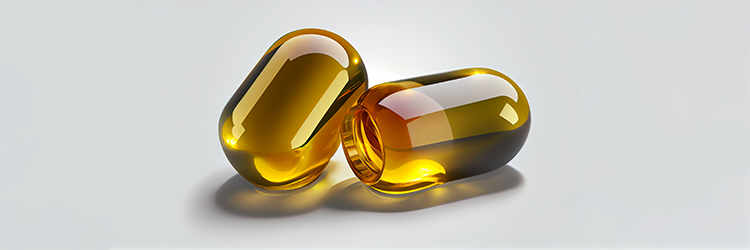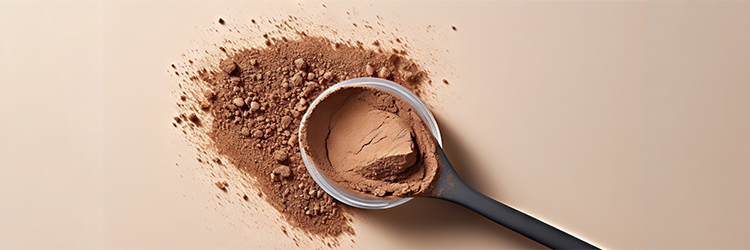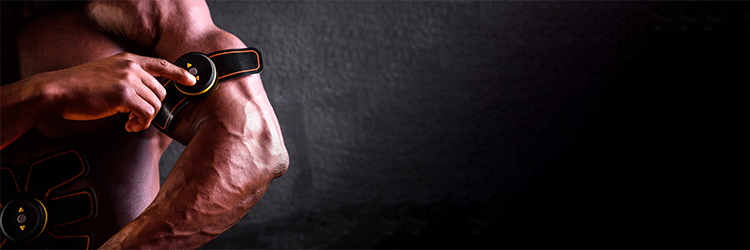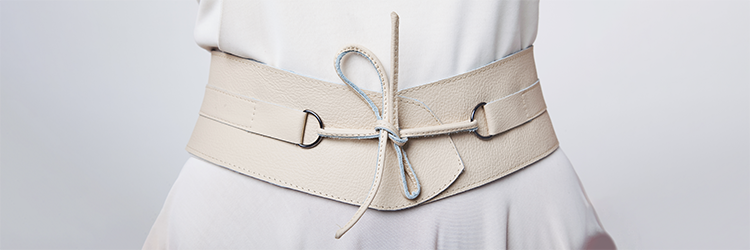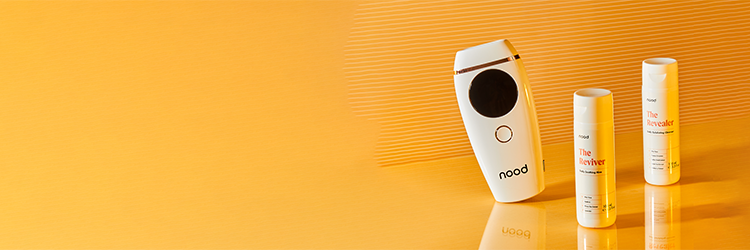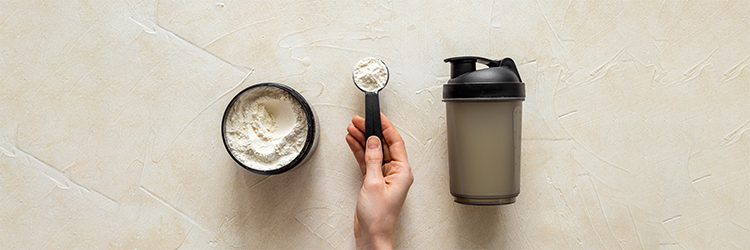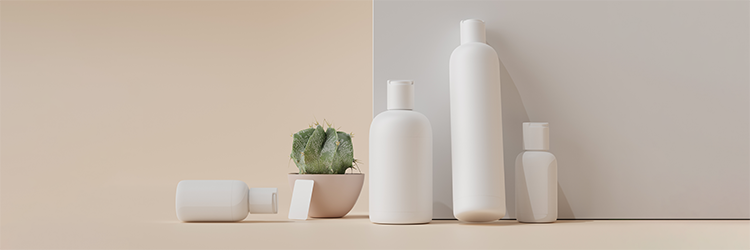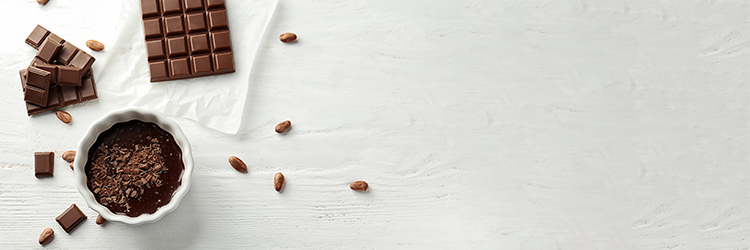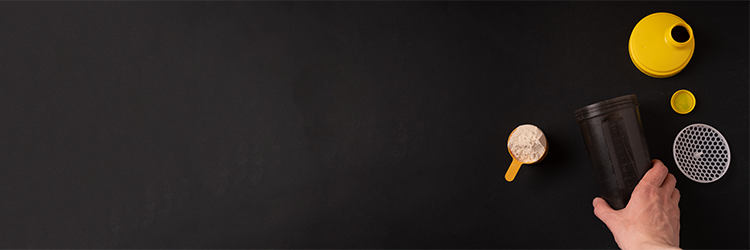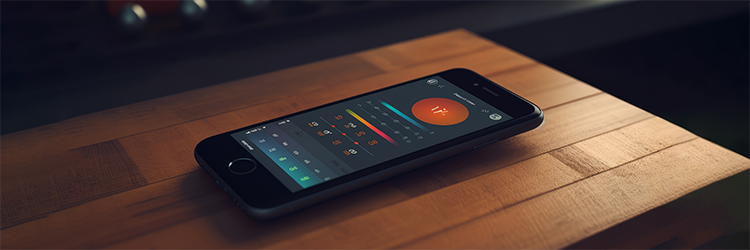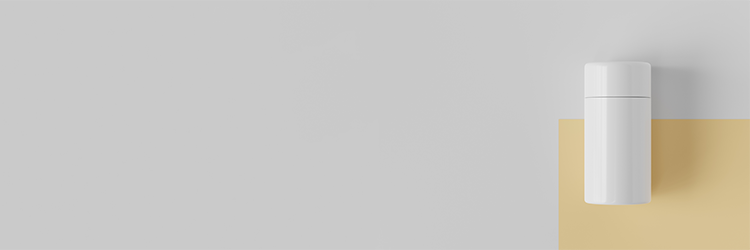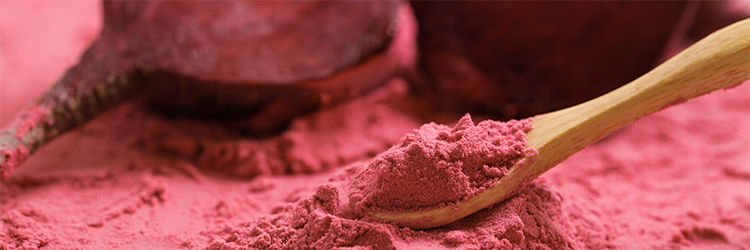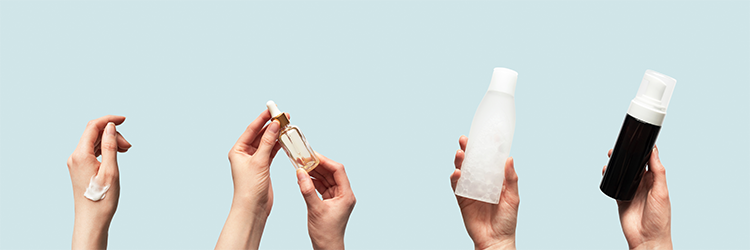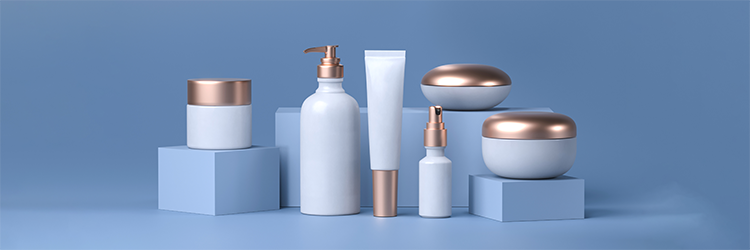
Disclaimer: None of the information in this article constitutes medical advice, and is just the opinion of the writer(s). We recommend that patients follow their doctor’s guidance in regard to airway clearance devices.
The Dechoker is a medical device that claims to save lives by preventing choking deaths. It’s a lightweight, handheld device that can be used on one's self or on anyone 12 months and up, and the brand claims that their product has saved 356 lives at the time of updating this article.
But is Dechoker actually proven in medical studies to be effective, or are these just marketing claims? Are there any risks associated with its use? How does Dechoker compare to other airway clearing devices like LifeVac? And why did the FDA describe the Dechoker as an "adulterated" device?
In this article we’ll answer all of these questions and more as we analyze medical studies to determine if Dechoker is actually more effective than a standard Heimlich maneuver, and how it compares to similar devices like LifeVac.
We'll explain how Dechoker works featuring a video demonstration, document some concerning legal and regulatory issues faced by the brand including an FDA warning letter, and feature real, unsponsored customer reviews.
Key takeaways:
- Dechoker is clinically shown to work
- LifeVac was shown in several studies to be more effective
- Do we currently recommend Dechoker? No
Is Dechoker Proven to Work?
The effectiveness of the Dechoker has been analyzed in several clinical trials.
A published in the Frontiers in Public Health journal examined data from adult care homes in the U.K. involving choking incidents where the Dechoker was used. In all 27 incidents where the device was used, the patient survived and the obstruction was successfully removed.
In 26 of the incidents, the Dechoker directly caused the airway to clear, and in the other incident, the Dechoker indirectly caused airway clearance by helping to remove mucus which allowed the patient to cough out the food causing the obstruction.
A published in the Resuscitation Plus journal compared the effectiveness of the Dechoker with abdominal thrusts (known as the Heimlich maneuver).
The Dechoker was found to be a worse option than the Heimlich. The researchers concluded that "abdominal thrusts were generally evaluated more positively than the Dechoker."
Based on the available evidence, we consider Dechoker to be likely effective for airway clearance, but we haven't come across any convincing evidence that it's more effective than the Heimlich.
FDA Claims Dechoker is Adulterated
In May of 2018, a local paper called Queen City News reported that the office of the Dechoker was raided by state investigators for alleged illegal business activities.
The paper reports that the company is accused of not having a license to raise investment funding, or even to operate in the state, but doing both. Over 80 investors may have been defrauded out of over $2 million.
The records obtained in the search warrant highlight some information that raises an ethical red flag about the Dechoker company, including that the company told investors that “their stock value would rise 10x ‘very quickly,’” which is in clear violation of Securities & Exchange Commission (SEC) regulations.
At the time of updating this article, it's unclear what the status of this investigation is.
In 2021 the Dechoker received a from the FDA, which claimed the device was “adulterated” because the firm had not “validated the processes used in the manufacturing of the devices.”
There are strict rules in place for medical device compliance, and it appears Dechoker was not following them, which is especially concerning in our opinion given the category of medical device.
How Does the Dechoker Work?
Choking is caused when a foreign body blocks the airway. Food can cause the blockage, but it can be caused by any object large enough to block sufficient air flow.
The Dechoker is part of a class of medical devices called airway clearance devices (ACDs). These are physical devices which use manual suction to clear the airway.
An attached face mask fits the Dechoker around the mouth, and the device is pulled with a handle to create a suction force that can clear the airway. The Dechoker can be operated by a third party like a doctor, and could potentially work if used on one's self (but that may make it more challenging to operate).
The brand published a useful video tutorial with a doctor explaining proper use, which we’d recommend watching for anyone considering purchasing the device, because it’s not immediately clear from looking at the device how it works:
Dechoker vs. LifeVac
Another popular airway device is called the LifeVac (which we analyzed in our LifeVac reviews article), and consumers are often curious which of the two devices is more likely to be effective.
The effectiveness of the two devices have been directly compared in medical studies.
The clinical trial cited in the first section of this article also compared the effectiveness of LifeVac to the Heimlich.
The study had non-medically-trained participants try one of the three airway clearance methods (Heimlich, Dechoker, LifeVac) on a medical manikin which comes with food stuck in its throat.
This is a good study design in our opinion, because in most real-world choking scenarios the person first administering aid is not medically trained. If someone is choking at a restaurant, for example, their partner or someone at one of the neighboring tables will likely be the first person to reach them.
Researchers found that the LifeVac was significantly more effective than both the Dechoker and the manual method. The foreign body stuck in the throat was dislodged in 99% of cases where LifeVac was used, and only 74% of cases where Dechoker was used.
A , published in the Resuscitation journal, reviewed the effectiveness of anti-choking suction devices and concluded the following:
"Although several devices have been manufactured worldwide, the LifeVac© has been most extensively studied, with a combined dislodgement success rate of 94.3% on first attempt."
Based on the available research, we would recommend LifeVac over the Dechoker.
Questionable Claims on Dechoker Website

There's a "Clinical Studies" page on the Dechoker website, but the majority of listings, like the one above, are not publicly accessible clinical studies.
If this trial was submitted for publication four years ago, why is it not published yet? Did the trial fail to meet the standards of the journal?
This section of Dechoker's site raises more questions and is more concerning than having no clinical trials at all in our opinion.
Some of the citations on this page are even more confusing than the above example.
One link is to an archived version of a file hosted on Shopify, which resembles a medical review. However when we searched the article title on , one of the largest medical databases, zero results were returned.
In fact, on Dechoker's Clinical Studies page, at the time of updating this article, there is still not a single link to a clinical trial on Dechoker published in a medical journal.

The brand also claims on their FAQ page, as documented above, that the device is safe to use in patients with dementia. However we haven't come across any clinical trials proving this, and this claim is uncited.
Real Customers Review Dechoker
Dechoker is sold on Amazon, which is a better resource for honest customer reviews than a brand's website in our opinion.
The device has been reviewed over 3,800 times, with an average rating of 4.8 out of 5 stars. This is one of the highest average Amazon ratings for any product we've reviewed on Illuminate Health.
The top positive review from a verified purchaser comes from a user named "April Miller" who claims that having the device at home helps soothe her nerves with a young child in the house:
"I got this for a just in case basis, I have a 6 month old baby & wanted to have one of these In case of emergency. I will say that I didn’t know it was a single use device, wish I would have known that before hand, but I don’t regret purchasing at all. I hope I never have to use it in the first place 🙏🏻"
The top negative review from a verified purchaser is written by a user named "TB2Blazer" who claims that the device fell apart after a year of use:
"I have had this for less than one year...I came in today and the plastic where the mask meets the suction device has come apart. When I picked it up to see what happened it came apart in my hands. Thank God I have never had to use it or even touch it but if I had I’m scared it would not have worked."
Dechoker has an average review rating of 1 out of 5 stars on the Better Business Bureau (BBB) website, which isn't that concerning given that many customers visit that site to complain.
The brand responds to the majority of customer complaints and bad reviews attempting to resolve the situation, which is a sign of a high-quality brand.
Pros and Cons of Dechoker
Here are the pros and cons of Dechoker in our opinion:
Pros:
- Has saved lives
- May be useful for patients with conditions that make Heimlich dangerous
- Shown in one clinical trial to be effective
Cons:
- Brand received warning letter from FDA alleging adulterated devices
- Brand was subject of business fraud investigation
- Clinically shown to be less effective than LifeVac
- Questionable claims on brand's website
- Only single-use
- No more effective than Heimlich in clinical trial


